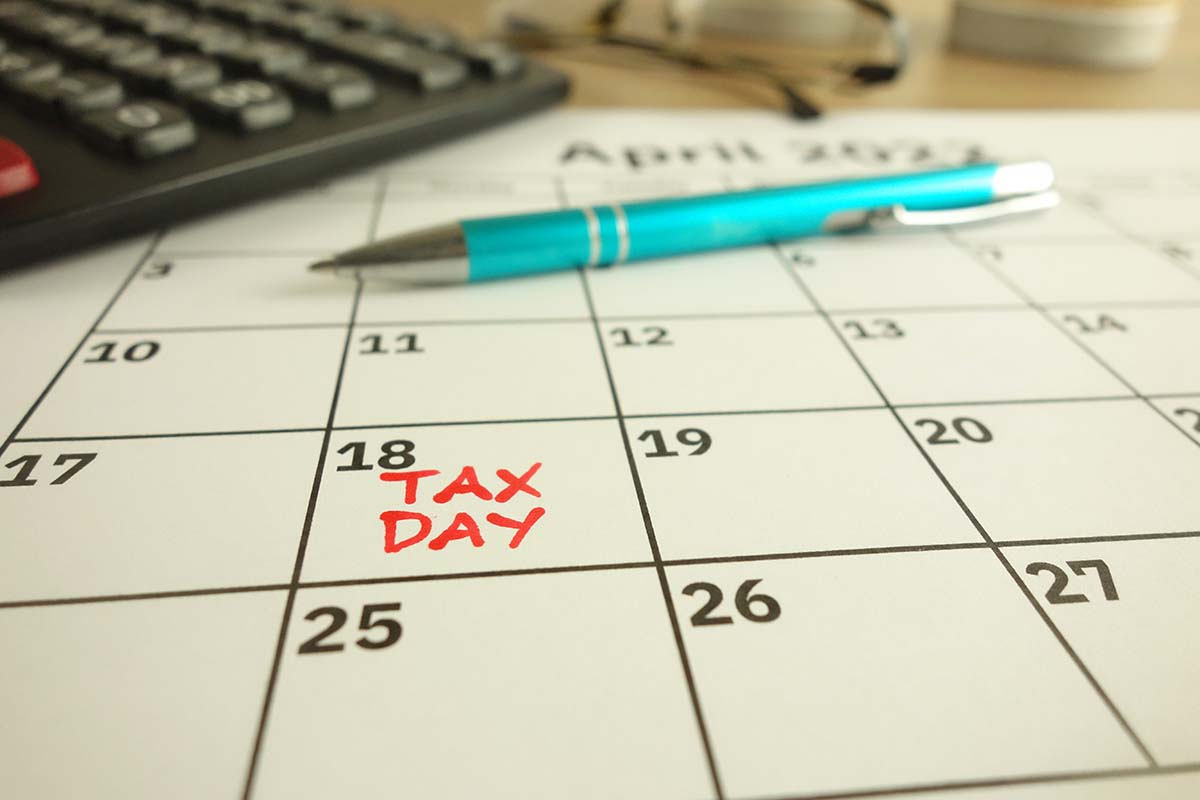Business owners are able to deduct expenses for the use of their vehicle for business purposes, both for their own driving and for employee driving. The vehicle can be owned by the business or employee. The IRS allows for two different ways of deducting expenses for business driving: actual expenses and standard mileage deduction. The deduction method you choose will depends on your situation and on IRS requirements and limitations.
Standard Mileage Allowance
The IRS standard mileage deduction for business driving (changes every year), is the easiest to use. All you do is multiply the business miles you drove for the year by the rate for that year and use that amount on the appropriate tax form.
If you go the standard mileage rate for a car you own, you must use it the first year you use your car. If you want to use this method for a leased car, you must use it for all years that you have the lease.
The IRS does have some requirements for using the standard mileage allowance:
- You cannot operate five or more cars at the same time (such as in a fleet operation)
- You cannot claim a depreciation deduction for the car using any method other than straight-line
- You cannot claim a Section 179 deduction on the car
- You cannot claim the special depreciation allowance on the car
- You cannot claim the actual expenses for a car you lease
In addition to taking the standard mileage deduction, you most likely are also able to deduct several other driving expenses separately from the standard mileage rate:
- Interest expenses on a car loan, based on the percentage of time you use it for business purposes
- Business-related tolls and parking fees
- The business part of local personal property taxes on motor vehicles
Actual Expenses
If you go the actual expense route, your business can deduct the actual expenses for business driving including:
- Vehicle registration fee
- Licensing fees
- Gas
- Insurance
- Repairs
- Tires
- Oil
- Garage rent – if applicable
- Vehicle titles
You may also deduct depreciation each year, as described above, but depreciation can get very complicated. Remember that these car expenses must be separate for personal use and business use before you calculate your business driving expenses for the year. Call us at Intentional Accounting for help in seeing which option is best for your business and personal situation.












